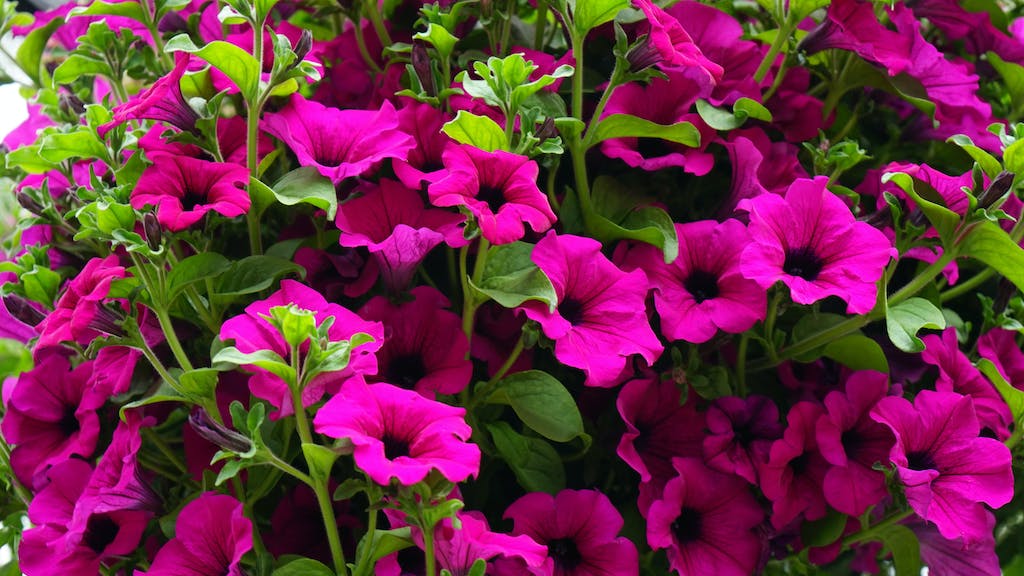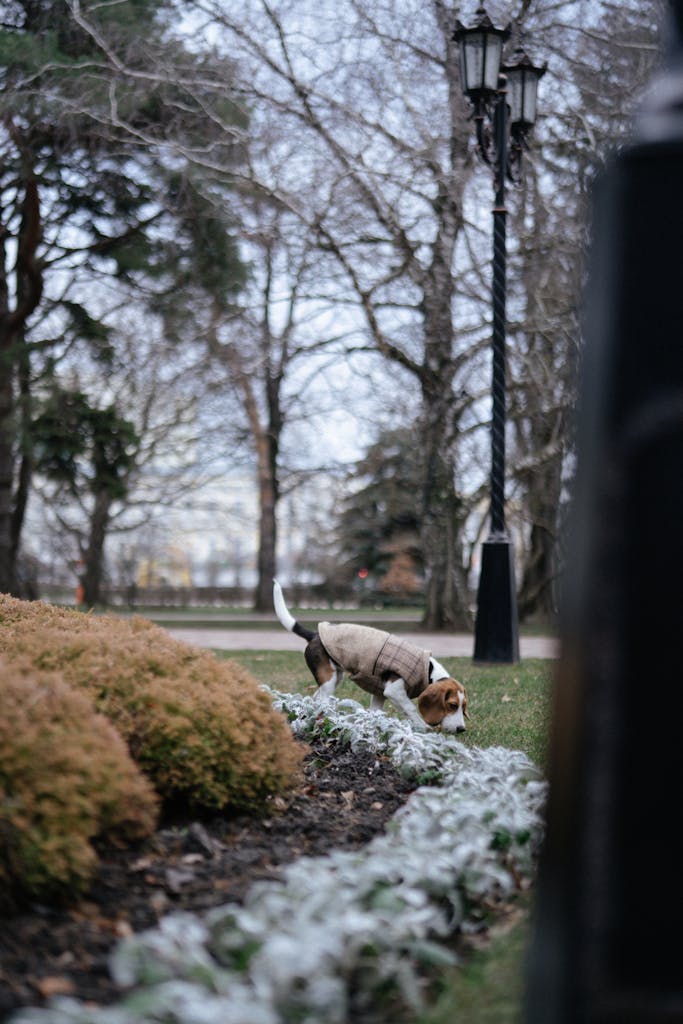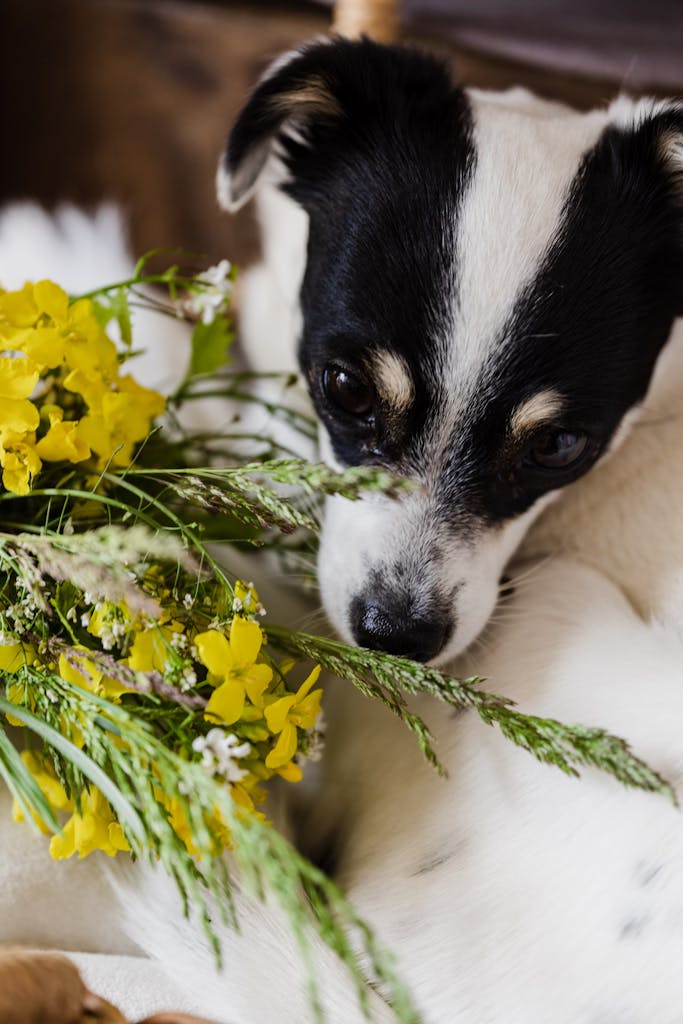As animal caregivers, we recently experienced a worrisome event which involved our neighbor’s dog and a Wandering Jew plant. The fallout of these situations can indeed be unsettling, leading us to rethink the precautions in our own dwellings.
By understanding the specific dangers these plants pose to our furry companions, we can take proactive measures to protect them from potential toxicity.
Stay tuned to discover practical steps and essential information to safeguard your pets from harmful houseplants like the Wandering Jew in the upcoming discussion.
Key Takeaways
- Wandering Jew plants are toxic to dogs, causing dermatitis and gastrointestinal issues.
- Immediate veterinary care is crucial if a pet ingests or contacts the plant.
- Prevent poisoning by keeping toxic plants out of reach and educating on plant toxicity.
- Protect pets by choosing non-toxic plant alternatives and training them to avoid harmful foliage.
Recognizing Wandering Jew: Characteristics and Varieties

The Wandering Jew, with vibrant purple and green foliage, and the Inch plant, known for zebra-like stripes, are popular low-maintenance houseplants.
However, they are toxic to dogs, causing gastrointestinal issues and skin irritation if ingested. Pet owners should keep these plants out of reach of their furry companions to prevent harm.
Understanding the Toxicity of Wandering Jew Plant to Pets

The Wandering Jew plant is toxic to both cats and dogs, posing a risk of gastrointestinal upset, vomiting, diarrhea, and skin irritation upon contact. Dogs can experience dermatitis upon contact with the Wandering Jew plant, leading to skin irritation and discomfort.
Suppose you suspect your pet has ingested or come into contact with the Wandering Jew plant. In that case, it’s essential to contact your veterinarian immediately for guidance on the necessary steps to ensure your pet’s health and safety.
Symptoms of Wandering jew plant toxic to dogs

Dogs exposed to this toxic plant may exhibit symptoms such as gastrointestinal upset, including vomiting and diarrhea, as well as skin irritation if they come into contact with it. These signs typically appear shortly after ingestion or contact with the Wandering Jew plant and can vary in severity depending on the amount consumed.
Cats may also show similar symptoms of toxicity when exposed to the Wandering Jew plant. However, cats may display more subtle signs, making it essential for pet owners to be vigilant for any changes in their feline companions’ behavior or health.
Dealing with Wandering Jew Plant Poisoning in Dogs and Cats

If a pet ingests the Wandering Jew plant, immediate veterinary assistance is crucial to ensure proper treatment and care. When dealing with wandering Jew plant poisoning in dogs and cats, there are important considerations to keep in mind:
- Seek Professional Help: Contact a veterinarian immediately, as they can provide the necessary treatment to address the toxicity and minimize its effects on your pet.
- Avoid Self-Treatment: Refrain from attempting to treat your pet at home without professional guidance, as this can worsen the situation and delay proper care.
- Long-Term Effects: Understand that poisoning from the Wandering Jew plant can have lasting consequences on your pet’s health, potentially leading to severe complications if not addressed promptly.
Can Amaryllis Bulbs Outside Be Harmful to Dogs?
Many gardeners wonder about the safety of planting amaryllis bulbs outside, especially if they have dogs. Here are a few tips for outdoor amaryllis planting to ensure the safety of your pets. Amaryllis bulbs can be harmful to dogs if ingested, so it’s important to plant them in areas that are inaccessible to your furry friends.
Keeping Pets Safe From Toxic Plants: Tips and Alternatives

Safeguarding pets from toxic plants involves keeping them out of reach, using barriers or hanging planters, and training pets to avoid consuming foliage. Choosing non-toxic alternatives like spider plants or catnip creates a pet-safe gardening space.
Educational resources help raise awareness about poisonous plants, empowering pet owners to make informed decisions about the flora in their homes.
Conclusion
In conclusion, being aware of the potential dangers posed by plants like Wandering Jew is crucial for protecting our furry friends. By educating ourselves on toxicity, recognizing symptoms, and implementing preventative measures, we can create a safer environment for our pets in 2024 and beyond.
Remember, our pets rely on us to keep them safe, so let’s take the necessary steps to ensure their well-being and happiness.
Frequently Asked Questions
Is the Wandering Jew plant poisonous to dogs?
Yes, the Wandering Jew plant, also known as Tradescantia Zebrina, is toxic to dogs if ingested.
What are the potential dangers of the Wandering Jew plant to cats and dogs?
The Wandering Jew plant can cause allergic reactions, dermatitis, and even more severe symptoms like low blood pressure if ingested by cats and dogs.
How can I tell if my dog has ingested the Wandering Jew plant?
Signs that your dog may have ingested the Wandering Jew plant include vomiting, diarrhea, lethargy, and signs of distress.
What should I do if my dog ingests the Wandering Jew plant?
If you suspect that your dog has ingested the Wandering Jew plant, contact your vet or a pet poison helpline immediately for guidance.
Are there any safe alternatives to the Wandering Jew plant for households with pets?
Yes, there are plenty of pet-friendly indoor plants that you can choose from that are non-toxic to cats and dogs.







